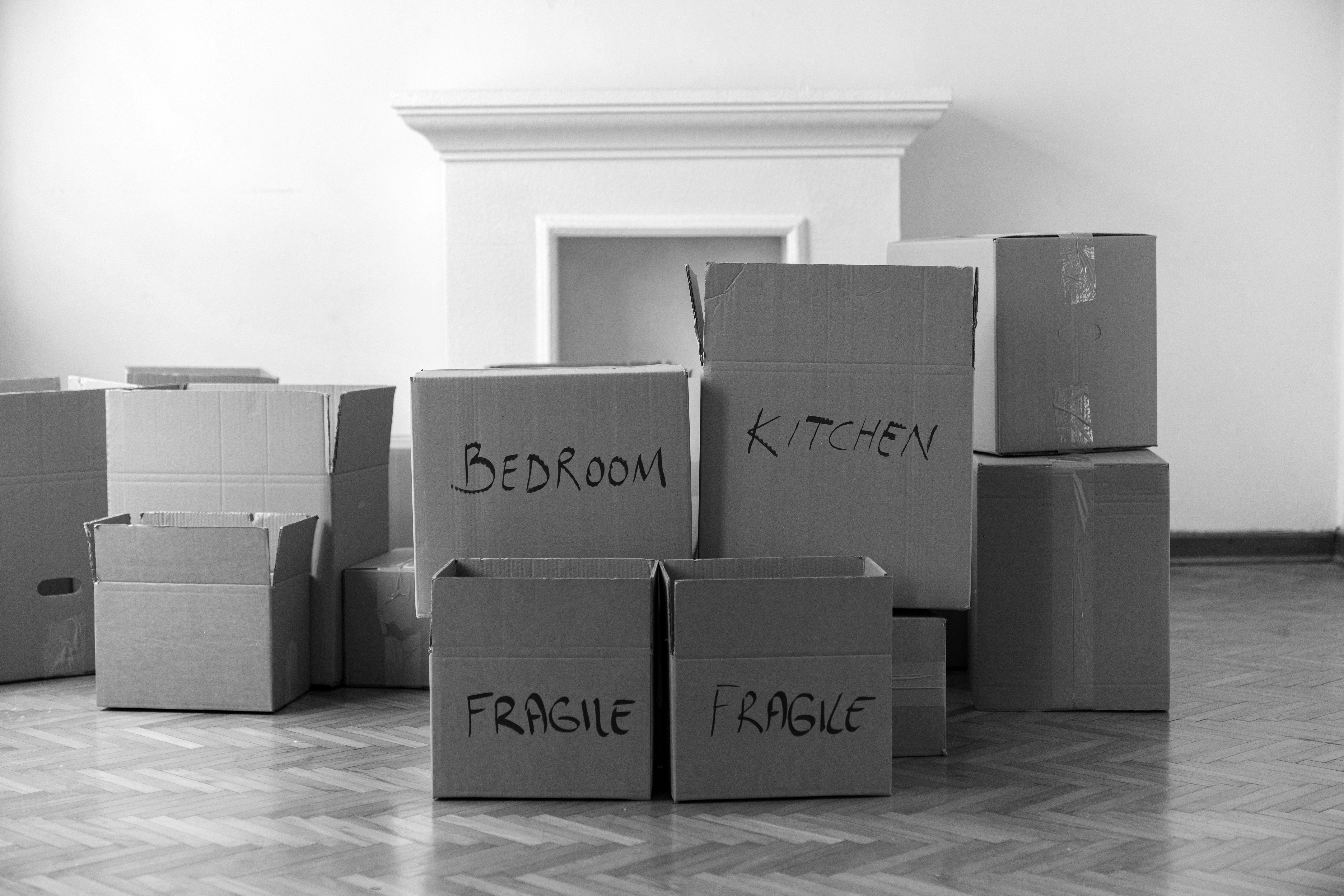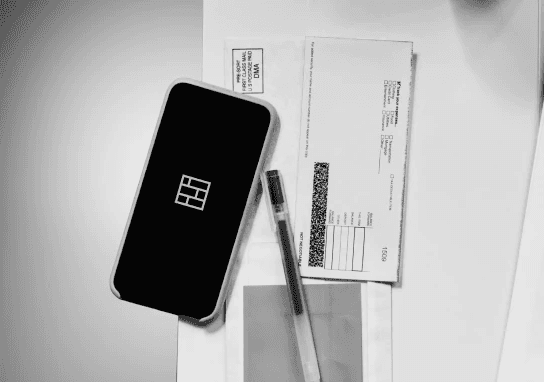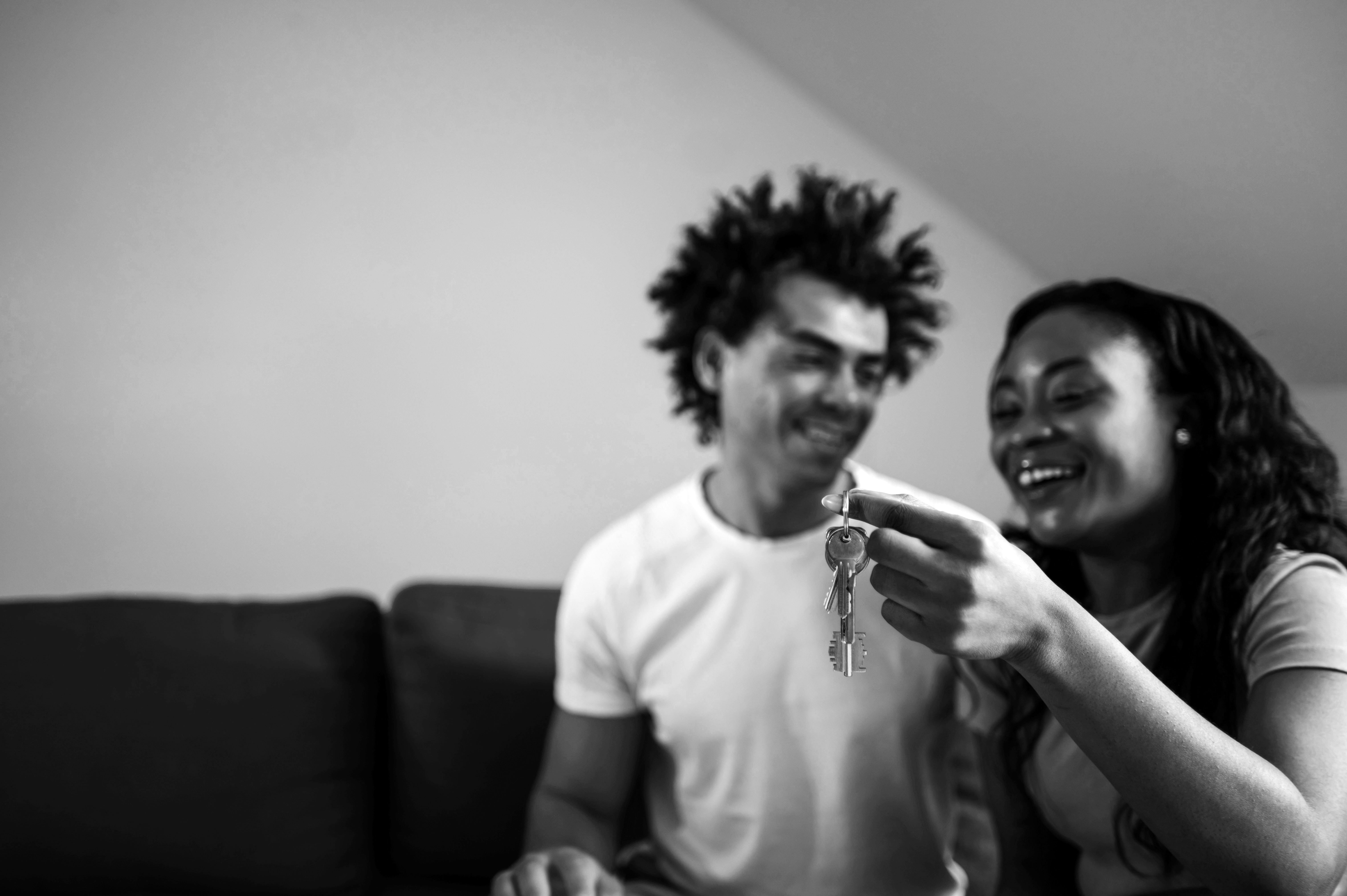The Pros and Cons of Putting More Money Down
Given that homes are expensive, many first-time buyers opt for low down payment options. However, if you have been saving and can put more money down, it’s important to weigh your options.
How downpayment impacts your costs
Assume you’re buying a $600,000 home and debating whether to put 20% down ($120,000) or just 3% down ($18,000). Obviously, that is a huge difference in upfront costs! But if you do have some flexibility, or access to more funds upfront, there are still some differences to consider:
1. Monthly Payment
With a 20% down payment, you’ll need to borrow less, resulting in a lower interest rate. In this example, borrowing $480,000 at an interest rate of 6% results in a monthly mortgage payment of $2,875.
With a 3% down payment, your loan amount is higher ($582,000) with a likely higher interest rate of 6.75%. This increases your monthly payment to $3,775, which is $900 more per month. If you can't afford the higher monthly payment, it might be wise to put more money down.
2. Cost of Interest
Your mortgage payment includes interest on your loan. Even though most mortgages span 30 years, it’s common to move before the term ends. For comparison, consider the interest paid over five years:
With 20% down, you’ll pay approximately $140,000 in interest over five years at a 6% rate.
With 3% down, you’ll pay about $190,000 in interest over five years at a 6.75% rate.
The 3% down payment results in $50,000 more in interest costs over five years.
3. Impact to Savings
Putting 3% down allows you to keep more money for investments or emergencies. By only putting $18,000 down, you can retain an additional $102,000. This money can be valuable for two reasons:
Investment Potential: Investing the money could potentially yield returns greater than the additional $50,000 in interest costs. For example, even a modest 4% return on $102,000 would net $22,000, while the long-term stock market average return of 10% could net $65,000. If you can invest and earn more than your mortgage rate plus 1% (7.75% in this example), it may be better to keep the money and invest it.
Emergency Funds: Savings can protect you from unexpected expenses, and let's be honest, homeownership can bring a lot of these! Depleting your savings for a larger down payment can be risky, as unexpected homeownership costs, medical bills, or car repairs might require borrowing at higher interest rates.
Bottom Line
Deciding whether to increase your down payment depends on:
Affordability: If you have access to upfront cash, and want to lower your monthly payment, consider putting more money down.
Investment Confidence: If you're unsure about earning more than your mortgage rate plus 1% through investments, it may be safer to increase your down payment.
Savings Cushion: Ensure you have sufficient savings left after making a larger down payment and covering closing costs.
For many, a 3% down payment is a practical option if the monthly payments are manageable. This approach shouldn't deter you from buying a home if the larger down payment isn't feasible.
Home







